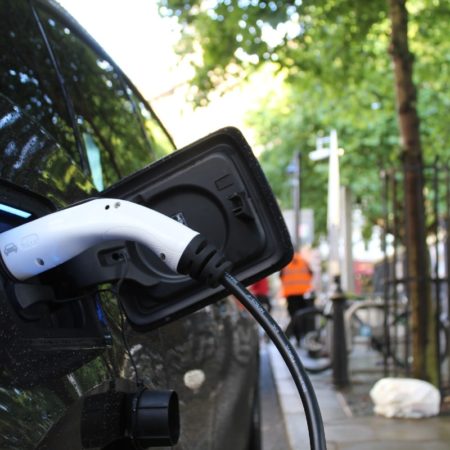The UK’s net zero target is at risk without a substantial and sustainable change in corporate and public behaviour, a new report has warned.
Research from the Energy Research Partnership, a public-private partnership, warns that the effects of climate change does not currently affect most people’s lives. So achieving net zero emissions will require a “cultural revolution” of information-driven decision making, visible peer pressure, and strong government policies that encourage behaviour change.
The report – How Behaviour Change Will Unlock Net Zero – outlines that change can be enabled through increased use of digitally derived insights in the home and at work, together with motivation through multiple channels. Interventions will be also be needed in the form of education, incentives and affordable low carbon alternatives.
Carrot and stick
The report says a combination of regulation, incentives, nudges and penalties are needed to motivate customers and industry towards net zero.
By looking at the barriers, enablers, interventions and policies needed, the report sets out how changes to behaviour could be achieved. It also outlines the role government funding for innovation will play allowing manufacturers to reduce retail pricing rather than offering consumers a ‘switching bonus’ such as a scrappage scheme.
In order for net zero to be achieved the report states that any future programmes must consider and address barriers to behaviour change across both commercial and residential settings. It concludes that ‘if people are to change their carbon emitting habits and behaviours, it is critical to identify solutions enabling capability, motivation and opportunity.”
First established in 2005, the Energy Research Partnership was set up to bring together key funders of energy research, development, demonstration, and deployment in government, industry, and academia in order to “provide high-level leadership for” energy research and innovation activities in the UK.
The full report can be read online.























